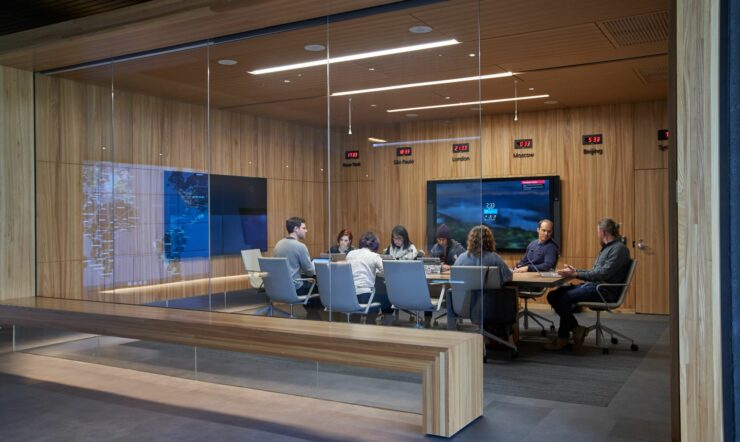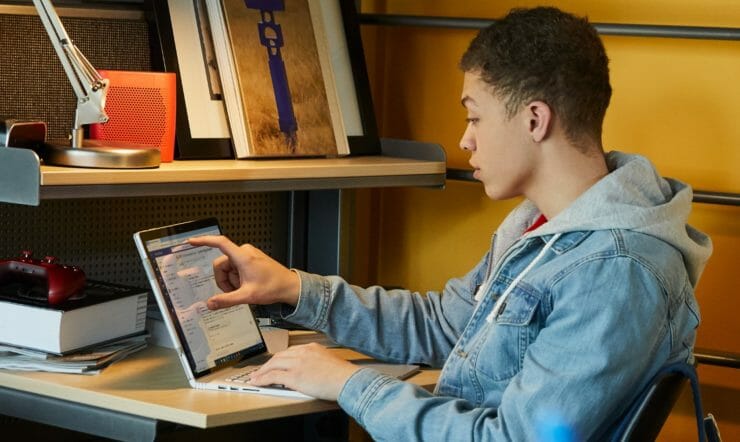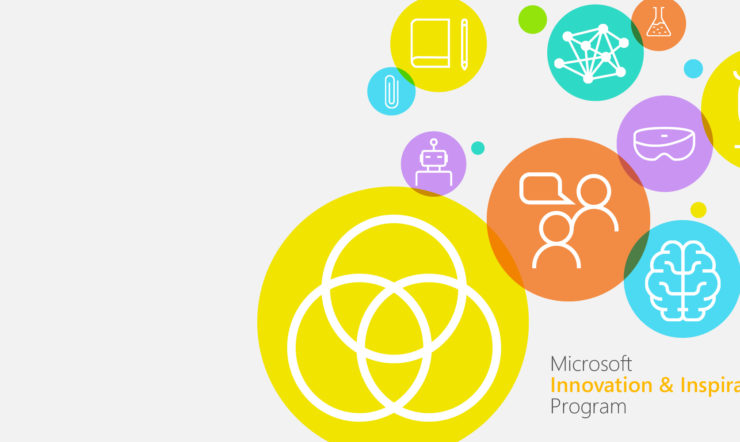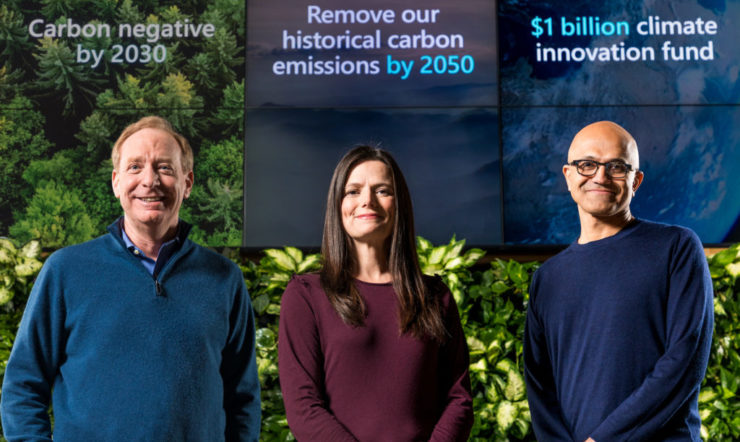Major shortage of digitally skilled staff – how do we improve job seekers’ digital skill sets?
The pandemic has dramatically changed how we learn and work; from home, in the cloud, and with Teams. These shifts are reflected in the job market as well. Currently, not all vacancies can be filled with suitable candidates, with a noticeable gap between supply and demand of digitally skilled people. In a series of three blogs, of which this is the first, we’ll dive into recent developments and opportunities in the job market, and how we can help to close the gap between supply and demand.
Consequences of the pandemic
The pandemic shocked Europe’s economy—and the repercussions are ongoing. The European Centre for the Development of Vocation Training (Cedefop) predicts that almost seven million jobs in the European Union (EU) will be lost or not created by 2022 because of COVID-19. More specifically, the pandemic also affects the Dutch economy and job market.
Historical mismatch in the job market
The standout occupations that actually did well during the pandemic were those in the information and communications sectors. Statistics Netherlands (CBS) reports that this causes some tension in the job market: for the first time there are more vacancies than people seeking jobs. Research by Microsoft shows that there is a shortage of suitable candidates for many of these vacancies. An important reason for this shortage is a lack of (digital) skilled candidates, not only for technology and IT sectors, but also for industries like (digital) marketing, graphic design and e-commerce.
Sustainable investing is surging
We can expect growth in other sectors as well. According to a new research report from Accenture, nine out of ten companies want to accelerate investments in digital technology and sustainability. This could add up to 5.7 million new jobs across Europe by 2030, especially in key industries such as high tech, software, industrial equipment, utilities, automotive, life sciences, and communications.
Upskilling and reskilling are necessary
These results demonstrate the importance of digital technology for tomorrow’s job market. The research report from Accenture shows that many companies are already taking this into account: more than three-quarters of European companies plan to upskill or reskill their workers in the next three years to keep pace with their company’s needs.
A bright vision for the future
When improving digital skills, it’s important to build on existing knowledge and to create a diverse group of professionals. For example, artistic talent combined with IT skills has been shown to power innovation, which in turn accelerates digital transformation. This helps to create new technologies that are needed to solve some of the massive problems our society is facing.
Microsoft helps reskilling
A real-life example is Stephanie Dimitrakopoulos, a 36-year-old painter from the Netherlands. Prior to the pandemic, Dimitrakopoulos gave painting lessons to children, but the pandemic shut everything down. She didn’t want to do something just to earn money, but also wanted to use her qualities and talents, preferably through reskilling. She found a Microsoft-sponsored course taught by the Computing Technology Industry Association (CompTIA). This course is preparing her to work as a datacenter technician in an enterprise Azure Cloud environment. She has almost finished the program and is already flooded with job offers. Stephanie told us that the need for datacenter professionals is so strong, they are willing to hire people who haven’t even finished the course yet.
Focus on jobs with digital components
We’re making progress, but there is still much to be gained in improving digital skills. The COVID-19 crisis forced companies to digitalize more quickly and has increased the demand for digital skills. That’s why we should keep investing in upskilling and reskilling for specific roles and jobs. Not just for the IT sector, but for other jobs with digital components as well. This is essential in helping people find jobs and helping companies find the professionals they need, for today’s and tomorrow’s challenges.

















